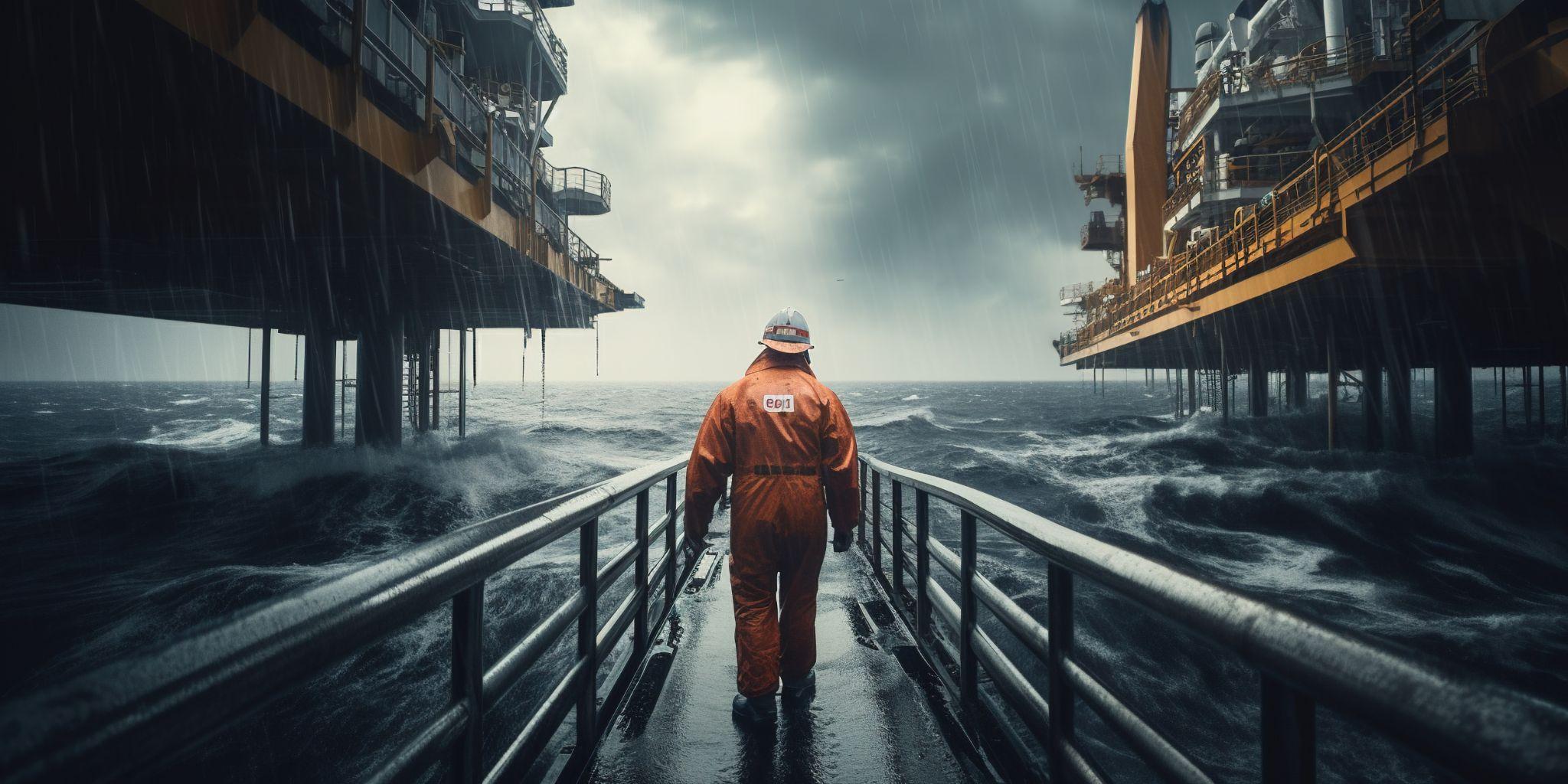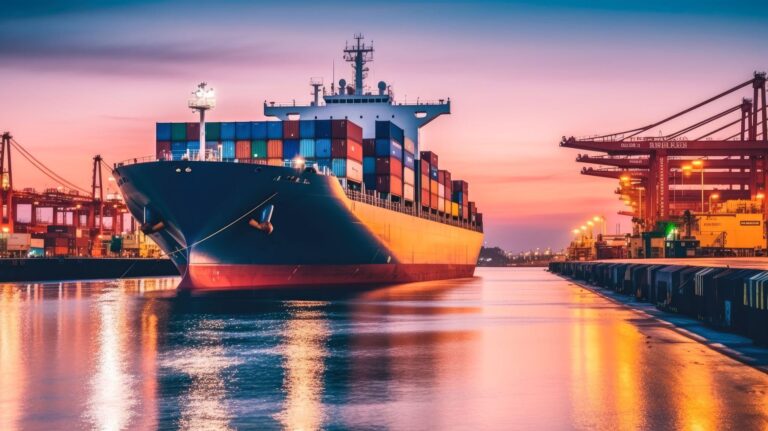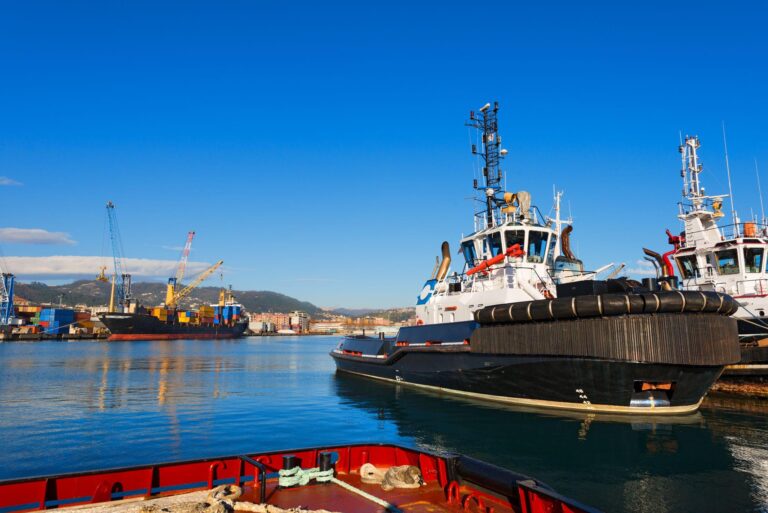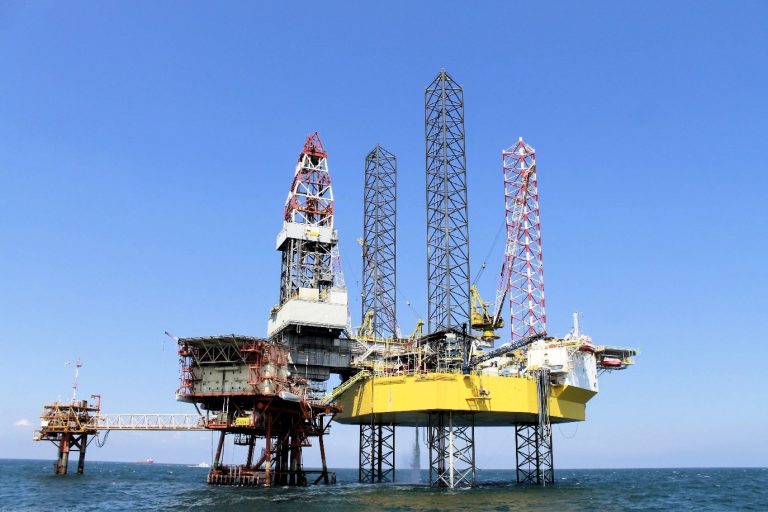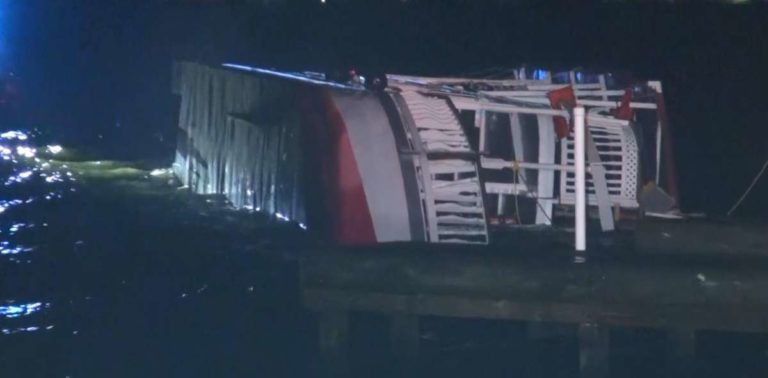Before the Deepwater Horizon explosion in the Gulf of Mexico, there was the Cougar helicopter crash in the North Sea in 2009 that killed 17 offshore oil rig workers. The circumstances of both tragedies were different. While the BP rig exploded after a well blowout, the tragedy in the North Sea involved a helicopter that lost pressure and crashed into the water, killing 17 of the 18 people onboard. The helicopter was on its way to an offshore platform in the North Sea, and was carrying a team of offshore workers.
Since that tragedy, calls for stronger offshore and especially helicopter safety standards, have become louder. There is also strong support for an independent offshore safety agency in Canada. The Premier of Newfoundland and Labrador has said that she will soon speak with the federal government to begin discussions aimed at setting up an independent offshore safety regulator.
Meanwhile, the Canada-Newfoundland and Labrador Offshore Petroleum Board has said that it will implement almost every recommendation that resulted out of a helicopter safety inquiry earlier this year. A total of 29 of offshore helicopter safety recommendations were made in November this year, and the Board has said that it will act on 27 out of these. The Board has also said that it will continue its ban on night flights, making an exception in the case of medical emergencies.
Earlier this year, the helicopter safety inquiry called for stronger regulation to protect workers as companies decide to drill further out in more dangerous waters. As maritime attorneys, we believe that it’s more important than ever to ensure that the machines flying out offshore workers are confirmed to be safe, the pilots ferrying them there are the most experienced, and the procedures and systems that are in place to prevent crashes, are foolproof.
Unfortunately, when a crash does occur, chances of survival can be bleak. Efforts therefore should focus on preventing helicopter crashes.

